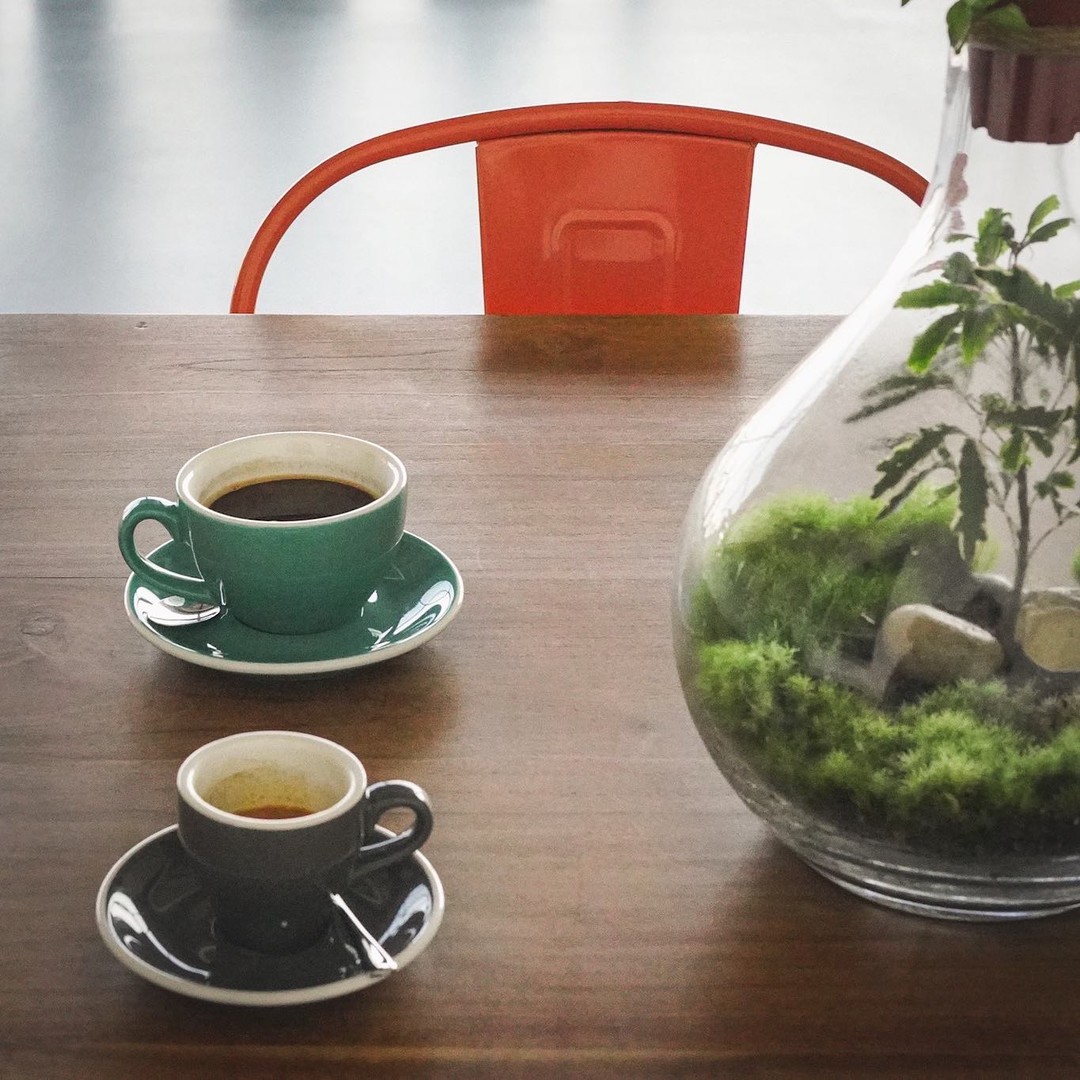
Specialty coffee has gained immense popularity in recent years, with people around the world seeking out unique and flavorful coffee experiences. However, the success of specialty coffee is intrinsically tied to the sustainability of coffee farming practices. In this blog post, we'll explore the intersection of specialty coffee and sustainable farming practices, and why it's crucial to support ethical and environmentally conscious coffee production.
The global coffee industry is worth billions of dollars, and it supports millions of farmers and their families. However, traditional coffee farming practices can have devastating effects on the environment, including deforestation, soil degradation, and water pollution. Additionally, farmers are often paid unfairly for their work, and they may not have the resources to invest in sustainable practices that could improve their crop yield and quality.
Speciality coffee, on the other hand, emphasizes quality and sustainability over quantity and profit. Specialty coffee beans are grown in unique microclimates that produce distinct flavor profiles, and they are often sourced directly from farmers who are paid a fair price for their beans. By supporting specialty coffee, consumers are not only getting a better-tasting cup of coffee, but they are also contributing to a more sustainable coffee industry.
One of the main ways that specialty coffee and sustainable farming practices intersect is through shade-grown coffee. Shade-grown coffee is grown under a canopy of trees, which provides habitat for wildlife and helps to protect the soil from erosion. This method of coffee farming is often associated with organic and fair trade practices, as it prioritizes the health of the ecosystem and the well-being of the farmers.
Another key aspect of sustainable coffee farming is the use of agroforestry. Agroforestry is a method of land management that combines crops with trees and other vegetation. By planting coffee trees alongside other plants, farmers can improve soil fertility and prevent erosion. They can also provide a habitat for pollinators and other beneficial insects, which can help to control pests without the use of harmful chemicals.
Additionally, sustainable coffee farming often involves the use of water conservation techniques. Water is a precious resource, and traditional coffee farming practices can be extremely wasteful. Specialty coffee farmers may use drip irrigation systems or collect rainwater to minimize water usage. They may also use natural pest control methods, such as companion planting or the use of biological pest controls, rather than relying on harmful pesticides.
In conclusion, the intersection of specialty coffee Dubai and sustainable farming practices is crucial for the future of the coffee industry. By supporting ethical and environmentally conscious coffee production, consumers can help to ensure that coffee farming is a sustainable and profitable livelihood for farmers around the world. By choosing shade-grown, agroforestry-produced, and water-conservation-oriented coffee beans, consumers can make a difference in the coffee industry, one cup at a time.



























